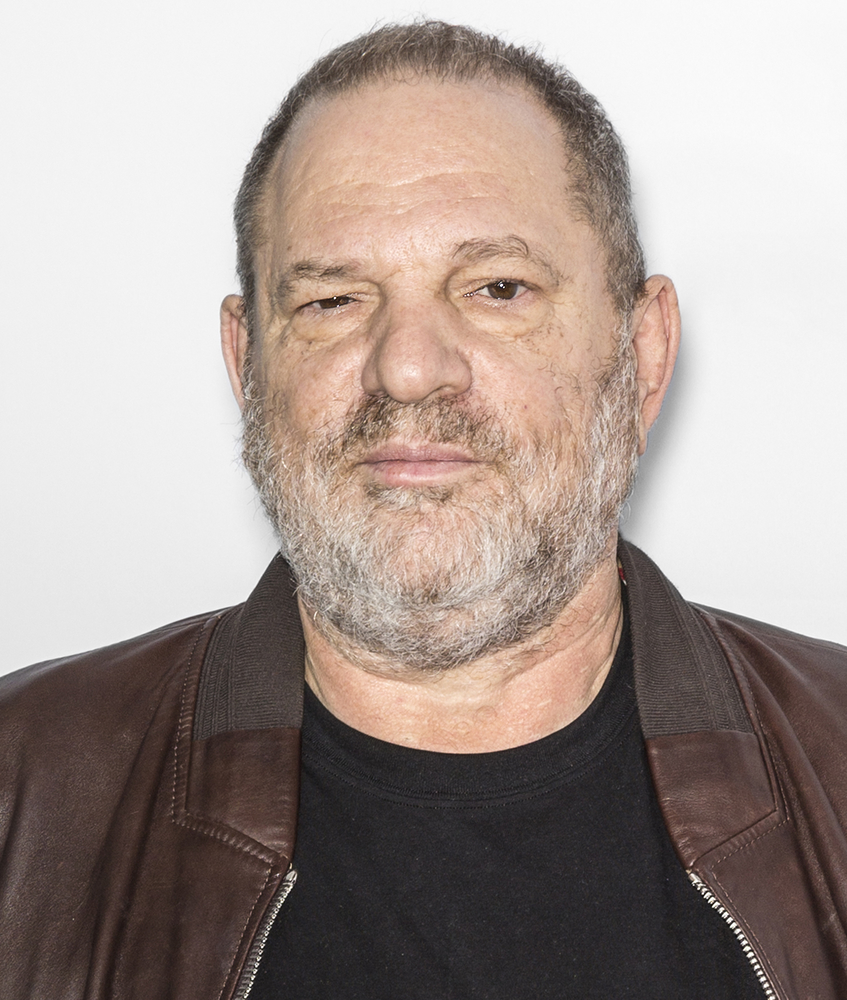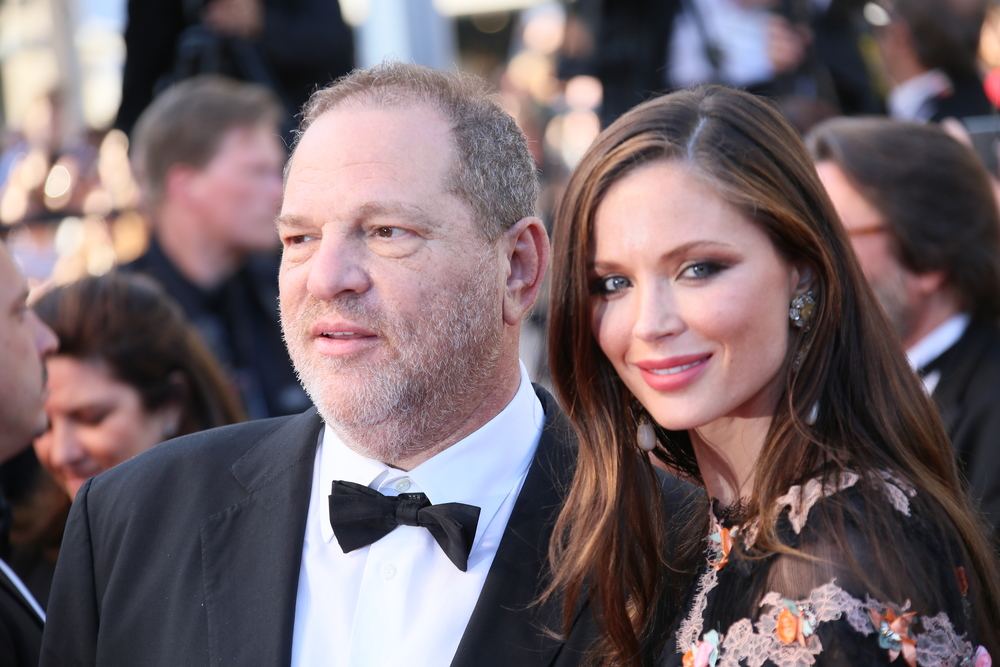A Manhattan judge dismissed one of six criminal sexual assault counts against Harvey Weinstein. The dropped count stems from allegations made by Lucia Evans who claimed that Weinstein forced her to perform oral sex on him in 2004.
Why was the count dropped?
Prosecutors, unlike other types of lawyers, are required to divulge exculpatory evidence to defense counsel. Exculpatory evidence is evidence that is favorable to the defendant that might show that the defendant did not commit the crime of which he has been accused or might impact his sentence. This requirement stems from the landmark Supreme Court case, Brady v. Maryland. The Court reasoned that withholding exculpatory evidence violates due process “where the evidence is material either to guilt or to punishment.” A similar state law is on the books in New York.
Show me your breasts
A witness who was with Evans the night she met Weinstein told police back in February 2018 (prior to Weinstein’s indictment but months after Ronan Farrow’s article blowing the Weinstein lid off) that Weinstein told both women–the witness and Evans–that he’d pay them if they showed him their breasts. According to the witness both women initially declined but, later that night, the witness alleges that Evans told her she did in fact show him her breasts. She also said that sometime later Evans told her that Weinstein offered her an acting role if she would perform oral sex on him. According to the witness, Evans told her that she did perform such act.
Unfortunately, the detective on the matter never told the DA’s office about these statements–statements that conflict with Evans’ statement. In late August, the DA’s office interviewed the witness who repeated what she told the cops and also said the detective told her “less is more.” We at PROOF are not exactly sure what this “less is more” comment meant but it certainly isn’t a phrase aimed at eliciting more details.
Inconsistencies
The DA’s office interviewed Evans again in late August. She denied that Weinstein ever made the breast showing request. She further denied showing him her breasts, telling her friend that she showed her breasts to Weinstein, or that she willingly performed oral sex on him.
The DA’s office also spoke with the detective. The detective denied making the “less is more” comment (among other things) but did say he failed to tell the prosecutor about the witnesses’ statements.
Additionally, the prosecution came into possession of a draft email from Evans to her now husband which recounts the incident with Weinstein in ways that differ from the account Evans initially shared with prosecutors.
Because of the duty on the prosecution to divulge all of the above evidence (that’s the law lesson at the start of this post!), they did so in a letter dated September 12, 2018. Weinstein’s team moved to have the count involving Evans dismissed. The prosecution did not object to it, and the court agreed. Count Six of the Indictment in the People v. Harvey Weinstein Dismissed.
What happens now?
Although this is a big blow to Evans and she has to feel as if the prosecution deserted her–which they did–and it is also a blow to the #metoo movement and serves to discourage victims from coming forward (victims who are already societally discouraged from doing so), it is understandable at some levels in that the case against Weinstein is high profile, complicated, and old. In terms of legal strategy, it is in the state’s interest to keep the case as strong as it can. At trial, a dirty detective and conflicting statements work to weaken the remaining claims; that is not something any prosecutor wants, especially in a matter like this. So, definitely a big win for Weinstein but the prosecution claims to remain strong. We hope they stand by their in-court assertion regarding the remaining claims that they are “moving full steam ahead.”
And, for the record, we believe you Lucia Evans and still stand with you. Thank you for your bravery and courage. #metoo








